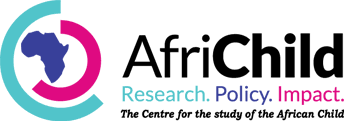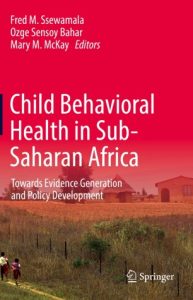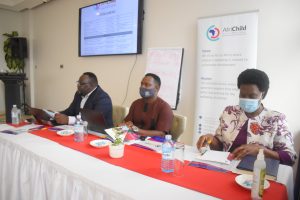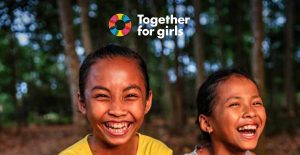This year’s Day of the African Child was held under the theme; ‘Humanitarian action in Africa: Children’s rights first’. AfriChild Centre has for more than six years focused on building evidence, knowledge and skills to influence policies and programmes to improve child welfare. Mr Timothy Opobo, the executive director, spoke to Daily Monitor.
How relevant is the theme?
This year’s Day of the African Child theme was around humanitarian action and children’s rights. Humanitarian situations refer to situations such as disasters like the Bududa landslides, which happened recently and man-made disasters like conflicts. This year, we are specifically looking at children in refugee camps as Uganda hosts the biggest number of refugees in Africa. The Day of the African child helps the county to look at the steps we have made, the challenges and the possible solutions to reduce these problems.
What are some of the humanitarian situations that affect children?
We have had natural disasters such as landslides in the eastern part of the country and north were there are cases of drought that result into hunger that cause displacement of children. Refugee children are traumatized and since they have less care, they are prone to evils such as sex exploitation and child labour.
What do you think government has done to fight humanitarian actions that affect children?
Uganda has an open policy that welcomes refugees and allows them access to services, children go to school, refugees are allowed to work as well as own land.
What do you think needs to be done to enhance the wellbeing of children in case of a disaster?
The skills and capacity to deal with problems affecting children is still low. For example, in case of landslides, we don’t have a quick action to have children reserved in a child friendly space. When someone is traumatized they need to be helped normalize and this is something we need to invest in as a country.
Is the child’s voice in these situations necessary?
We need to hear their feeling and their perspective on the situation. So they need to table their views as children.
Has there been progress in addressing issues affecting children?
We haven’t made a lot of progress despite commemorating the day continuously. The day is more ceremonial than effective for children. I think we really need to give the day more prominence by fulfilling the things we commit whether government or NGO partners. It should be a day that touches everyone’s heart and remained them to fulfil their commitments.
What do you think are challenges toward fulfilling those commitments?
The fundamental challenges is that we don’t prioritize children, although children are the majority in Uganda, they don’t have a direct impact on the country’s politics so we tend to ignore then. But we cannot attain the Sustainable Development Goals 2030, without caring for children, as long as we still have children on streets, dropping out of school, being exploited sexually and we aren’t taking adequate action towards that, the situation will remain the same.
What is your take on the budget allocation especially on the side of children?
I feel that for children, the budget hasn’t made any significant strike, it has put significant amount of money on health and education which benefits them but when we look at the social sector, the Ministry of Gender, Labour and Social Development was allocated less money yet it’s where the mandate of children rights lies.
It has to protect women, youth, disabled, elderly and children. For that I think the government has not invested enough in social protection of children.
As Africhild, how are you helping to reduce the situations affecting children?
We have made progress which is reflected in the good laws that are appreciated regionally. However, we still have a high level of violence against children. We have the highest rate of teenage pregnancies and child marriages in the region, dropout rate in school is almost 70 per cent. Africhild is a research institution, our goal is to generate research and evidence among these issues and enforce policy. We support different actors by bringing out evils affecting children, test innovations to see what works and what doesn’t, we help the policy makers with information that could lead to child friendly policies, we make sure things aren’t done by assumptions. We have a capacity building and training programme and are now working with seven universities where we train young people to do research on things affecting children and how to address them.
What one thing would you want NGOs to change?
Most of their work is not based on evidence as most do try and error, I pray that they should do things and address issues basing on tangible evidence.
And government?
It should invest in protection of children as a cornerstone to achieve sustainable development.
We might have infrastructure but we need human capital development as one of pillars for development which are people (children). We should look at this day as a day for reflection. The most important stage in a child’s development is from 0-5 years as this is when the child’s brain is developed, it’s were people’s abilities are shaped. This area has been ignored and I think the government needs to invest in early childhood development centers.






